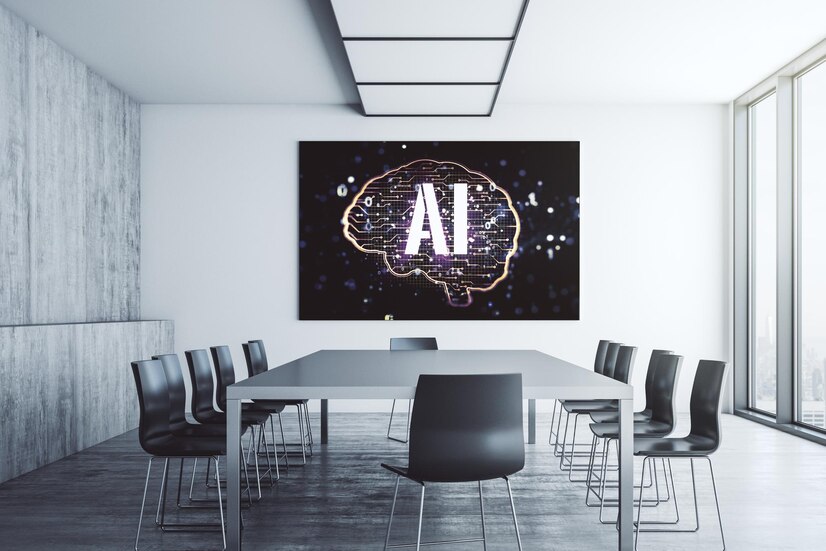AI Governance and Responsible Leadership: Ensuring Ethical AI Adoption
Artificial intelligence (AI) has emerged as a powerful tool with the potential to revolutionize industries and transform the way we live and work. From YouTube’s precise recommendations to self-driving cars, AI has the capacity to bring about remarkable and unimaginable progress. However, as with any powerful tool, it comes with the responsibility of appropriate use and governance. This article aims to spur you as leaders of teams, functions, and organizations to act and champion responsible adoption of AI in your organization.
Imagine for a moment that AI is a magnificent ship sailing across uncharted waters. The ship represents the incredible potential of AI technology, while the ocean symbolizes the vast and unexplored dimensions of AI applications. As leaders, it is our duty to navigate this ship with wisdom and care, ensuring it remains on the right course and avoids hazardous waters.
Just as a ship needs a captain to steer it, organizations require innovative leaders to guide their AI initiatives. As leaders, we ought to embrace a creative and proactive approach to AI governance, making sure that ethical considerations are at the front and center of every decision. We should understand that AI algorithms are not neutral; they are shaped by the data they are trained on. Without proper oversight, these algorithms can reveal biases and reinforce existing inequalities, defeating the purpose of fairness and equity.

The Why of Ethical Governance
So, imagine a hospital implementing an AI system to assist doctors in diagnosing patients faster and more accurately. This AI system, trained on historical data, starts diagnosing patients accurately but fails to account for the ethnic or racial biases present in the data. Consequently, patients from minority groups are unduly misdiagnosed, leading to serious consequences. The hospital’s reputation is tarnished, trust is lost, and lives are at stake due to a minor and even human error that exists in the data.
This cautionary tale highlights the critical need for leaders to act. Ethical AI adoption requires an intentional and continuous effort to ensure fairness, transparency, and accountability in AI systems. Leaders must promote diversity and inclusion within the development team, as diverse perspectives are crucial for identifying and mitigating biases. By fostering an inclusive environment, organizations can harness the collective intelligence and experiences of their diverse workforce to drive an optimal AI system that is fair, transparent, equal, and equitable.
Just as a ship needs navigational tools to steer through the seas, every organization needs frameworks, guidelines, and procedures to navigate the complexities of AI governance. Leaders should champion the development and implementation of ethical AI frameworks that align with their organization’s values. These frameworks should encompass principles such as transparency, security, diversity, and human oversight, ensuring that AI systems are not only effective but also aligned with ethical standards.
AI models can evolve over time, and regular audits are necessary to identify any biases or unintended consequences.
Furthermore, responsible leaders understand the importance of ongoing monitoring and evaluation of AI systems. They recognize that the performance of AI models can evolve over time, and regular audits are necessary to identify any biases or unintended consequences. By taking a proactive stance, leaders can address potential issues before they escalate, safeguarding the reputation and integrity of their organizations.
Ethical AI systems not only mitigate risks, but they also enhance trust and improve your brand equity (the value people place on your brand). Imagine a scenario where customers know that the recommendations they receive from your AI-powered platform are not coerced, unbiased, and truly reflect their needs. This creates a virtuous cycle of trust, loyalty, and positive impact on the organization’s bottom line.
So why not build an ecosystem that fosters the responsible use of AI systems today? Take the helm and steer your organizations towards a future where AI technology is a force for good. By incorporating diverse perspectives, developing ethical frameworks, and fostering a culture of continuous improvement, you can set a powerful example and inspire others. Engineer that valuable change you want today!
